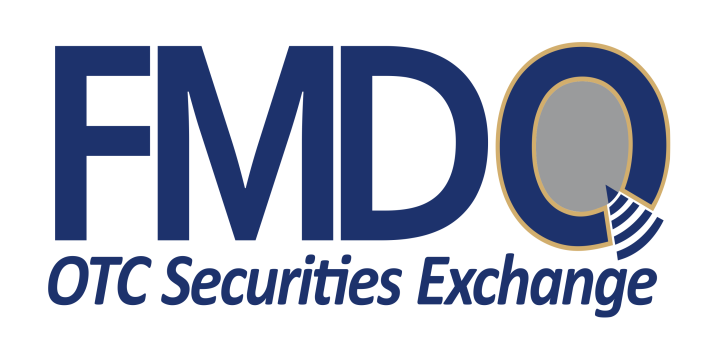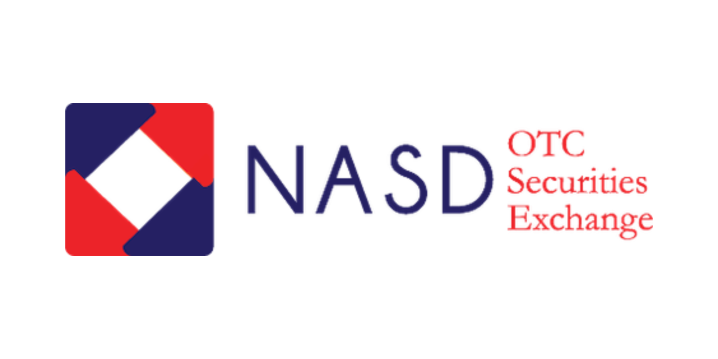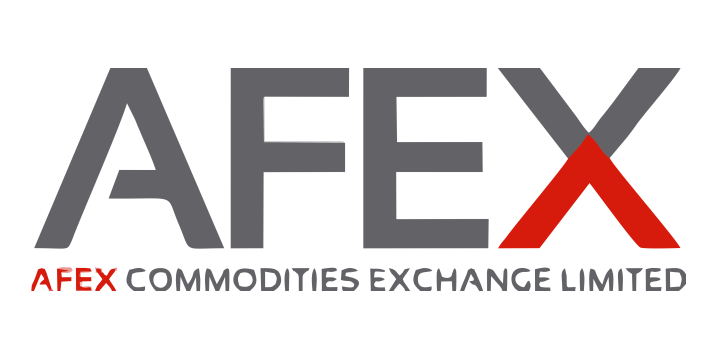President Bola Tinubu has signed four (4) new Tax Reform Bills into law, comprising the Nigeria Tax Act (NTA), Nigeria Tax Administration Act (NTAA), Nigeria Revenue Service Act (NRSA), and the Joint Revenue Board Act (JRBA). The new laws are expected to take effect in 2026.
The reforms aim to stimulate economic growth, boost government revenue, improve the ease of doing business, and enhance tax administration at all levels of government. Notably, the Federal Inland Revenue Service (FIRS) has been renamed the Nigeria Revenue Service (NRS).
Key Changes Introduced
- Higher exemption threshold for small companies
- Increased Capital Gains Tax (CGT) rate
- CGT on indirect transfer of shares
- Introduction of Development Levy
- Minimum Effective Tax Rate (ETR)
- Controlled Foreign Company rules
- Clearer taxation rules for non-residents
- Minimum tax requirements for non-resident companies
- Limits to tax exemption for free zone entities
- New Economic Development Incentives
- Progressive Personal Income Tax (PIT) regime
- Definition of resident and non-resident individuals
- Establishment of a Tax Ombuds Office
- Broader input VAT recovery
- Zero VAT on essential goods and services
- VAT fiscalisation rules and updated sharing formula
- Higher penalties for non-compliance
Benefits of the New Tax Regime
- Personal Income Tax Relief
- Individuals earning ₦800,000 or less annually will now be exempt from PIT, raising disposable income for low-income earners.
- This creates more room for savings and investments, encouraging participation in the Nigerian Exchange (NGX).
- Zero VAT on Essentials
- VAT will not apply to items such as food, medical and pharmaceutical products, educational materials, electricity supply, medical equipment and services, tuition fees, and exports (excluding oil and gas).
- This measure is expected to boost consumer purchasing power, stimulate production, and drive company revenues, ultimately benefiting shareholders.
- Small Business Incentives
- Companies with annual turnovers of ₦100 million and below and fixed assets not exceeding ₦250 million are exempt from Companies Income Tax (CIT) and CGT.
- This move is expected to support SMEs and attract more investors to the capital market.
- Capital Gains Tax Reliefs
- Exemption threshold: Gains from share disposals below ₦150 million, with chargeable gains under ₦10 million within 12 months, are exempt.
- Reinvestment relief: Proceeds above ₦150 million reinvested in Nigerian company shares within the same year are exempt proportionally, encouraging reinvestment and boosting equity turnover.
Concerns and Market Risks
A major concern is the increased CGT rate:
- Corporate CGT has risen from 10% to 30%, aligning with Companies Income Tax (CIT).
- Analysts warn this could lower after-tax returns, discourage large-scale equity transactions, and impact liquidity, especially in an inflationary environment.
Jide Dahunsi (ACA, ACS), Capital Market Analyst, explained:
“The higher CGT rate may deter large investors, including pension funds and asset managers, from frequent portfolio turnover, potentially reducing liquidity in certain market segments.”
Mallam Garba Kurfi, MD of APT Securities & Funds Ltd, also noted uncertainty around enforcement:
“The modality of CGT collection is not clear. Brokers cannot collect on behalf of government, and tracking investor accounts may be challenging. It will affect the market, but Nigerians will always find a way around it.”
Dividend Payments
The 10% withholding tax on dividends remains unchanged, a welcome stability for investors. However, higher CGT obligations for companies trading equities could reduce earnings per share (EPS) and, indirectly, dividend payouts.
Expert Outlook
Despite concerns, market experts remain optimistic:
- Aruna Kebira, MD, GlobalView Capital Ltd, stressed that investors focus on expected returns: “As long as projected returns outweigh tax costs, investment flows will remain steady. The tax is on outcomes, not on investible funds.”
- He advised investors to stay disciplined: “Do your due diligence, avoid herd mentality, and stick to proven strategies. Investors in the equities market have little to worry about if they stay focused.”
Investor Strategy Under the New Regime
- Leverage CGT exemptions for small transactions
- Take advantage of reinvestment relief
- Explore opportunities in startups and SMEs
- Position in zero-rated sectors such as food, health, education, and energy
- Stay information-driven and focused on long-term returns
Conclusion
The new tax laws represent a significant shift in Nigeria’s fiscal landscape. While increased CGT may create short-term volatility and discourage large-scale equity transactions, exemptions and incentives for small investors, SMEs, and essential sectors provide strong opportunities. In the long run, disciplined, informed investors are well-placed to benefit from the evolving market environment.
Source: Fundvine












